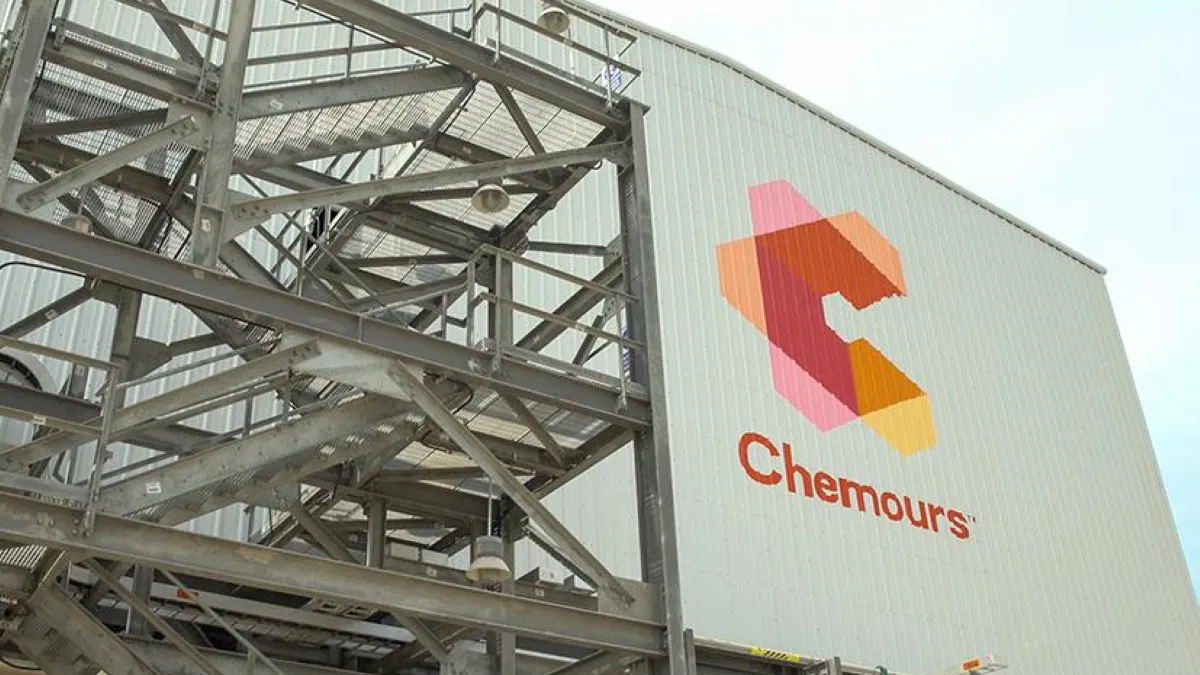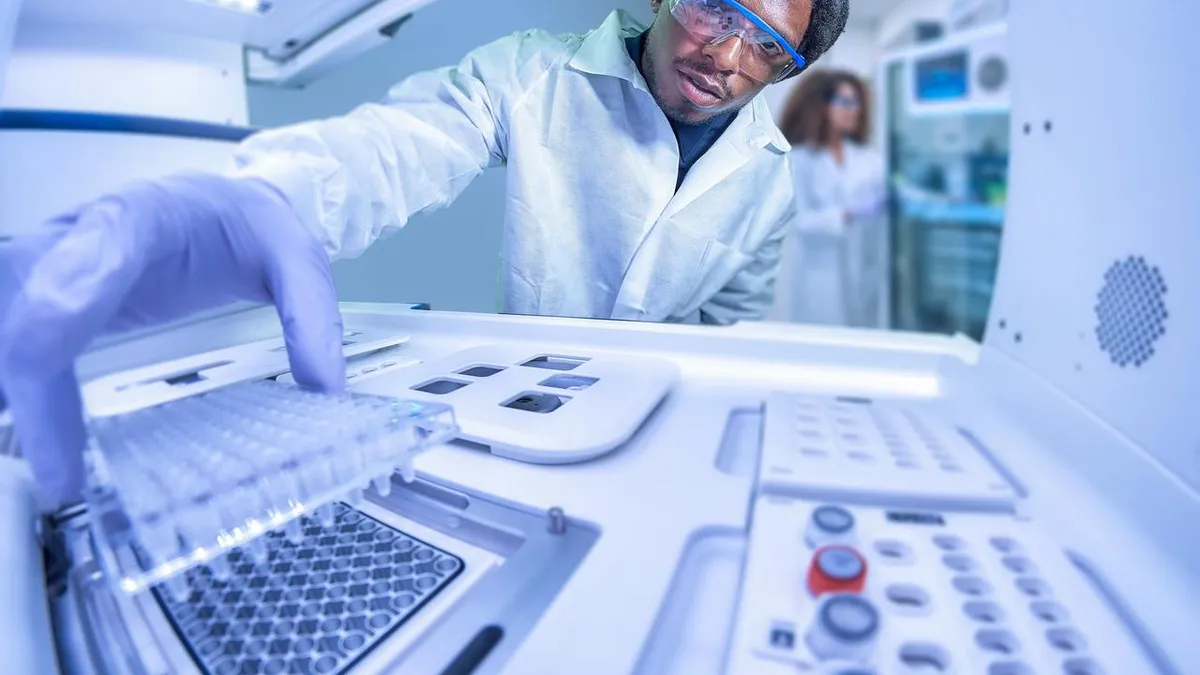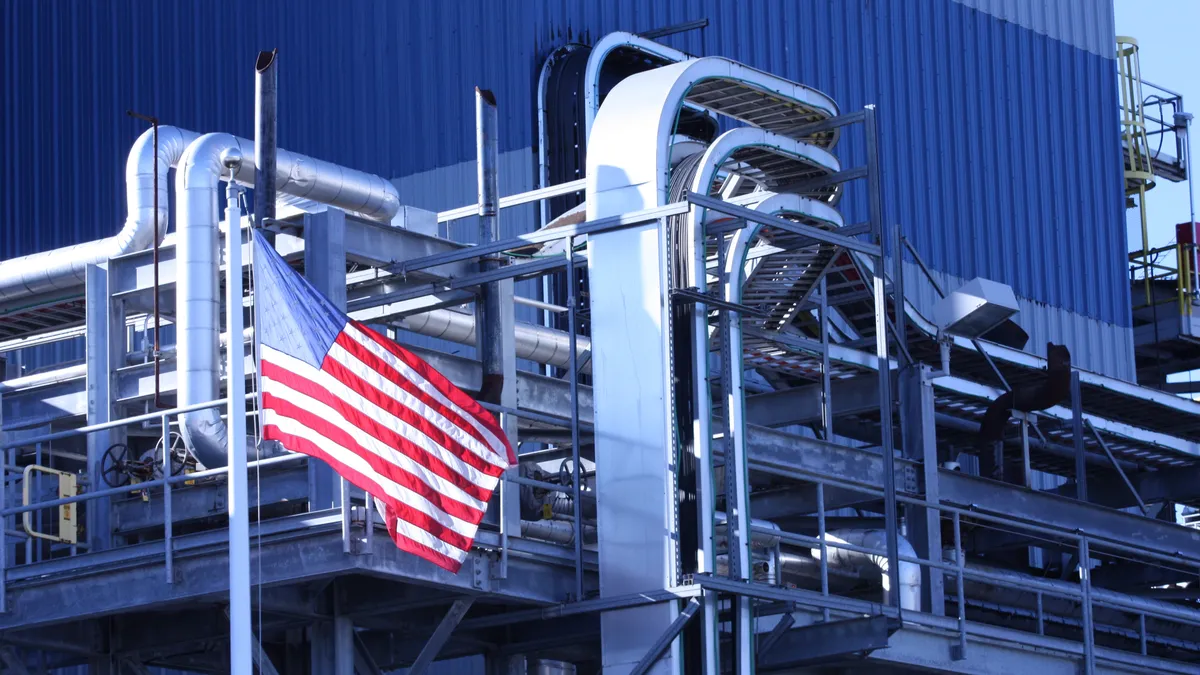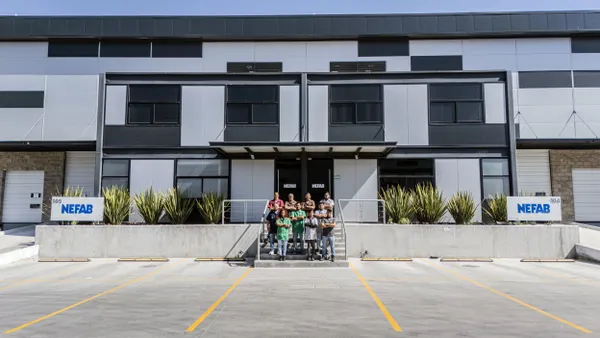Dive Brief:
- Chemical maker PCC SE is investing $540 million to build and operate a chlorine and downstream chemical plant in Pass Christian, Mississippi, the state’s economic development agency announced last month. The facility will be co-located on The Chemours Co.’s titanium dioxide plant grounds.
- The Germany-based company’s subsidiary PCC GulfChem and Chemours have also entered a chlorine supply agreement, Chemours said in a Dec. 10 press release. The new factory will also coproduce caustic soda for business partners and the open market, PCC said in a December announcement.
- The project will create at least 84 jobs, as well as up to 1,200 construction jobs, the Mississippi Development Authority said in its press release. Construction is expected to begin in 2026 and plant operations are anticipated to start in 2028.
Dive Insight:
PCC’s upcoming plant will use newly developed technology to maximize energy efficiency and provide an annual electric power capacity of up to 340,000 metric tons once the facility is operational, according to the chemical maker’s press release.
The planned facility and supply deal will allow Chemours to gain increased supply reliability through on-site chlorine at the chemical titan’s titanium dioxide plant, President and CEO Denise Dignam said in the company release.
Chlorine is one of the ingredients used to make titanium dioxide-based products such as paints, coatings and plastics, according to a 2016 American Chemistry Council report.
“This new partnership, requiring no up-front financial commitment from Chemours, will enable us to lower our manufacturing costs and better serve our customers as their trusted TiO₂ partner of choice,” Dignam said in a statement.
The supply deal is part of Chemours’ corporate strategy, which the company introduced in November 2024. The strategy aims to build Chemours’ foundation in its titanium technologies, thermal and specialized solutions and advanced performance materials businesses by focusing on four pillars: operational excellence, enabling growth, portfolio management and “strengthening the long term.”
This includes adapting to changing markets, innovation and product development, evaluating portfolios, optimizing assets, practicing responsible manufacturing and targeting policy efforts, according to a Q3 2024 presentation.
Dignam’s top priority when she became CEO last year was cutting costs, she said in a Q3 earnings call in November. The company expects to save $250 million in cost reduction from 2024 to 2027, according to the presentation. It also expects to reach approximately 50% as a run rate of savings by year’s end.
“Given the cyclicality of our industry, cost management must be part of our DNA,” Dignam told analysts. “It's a continuous exercise for us and while we have addressed much of the low hanging fruit, we continue to be disciplined and committed to operating as efficiently and effectively as possible.”












